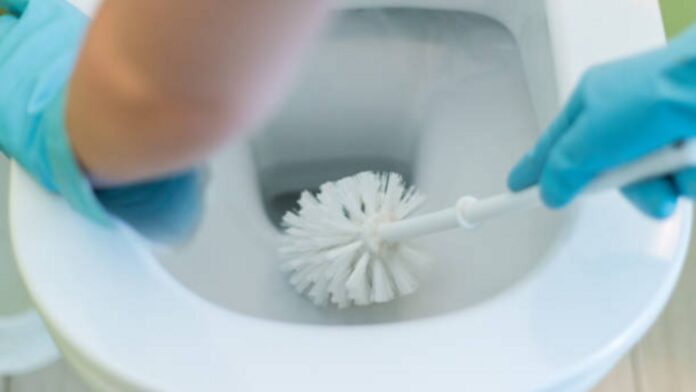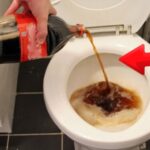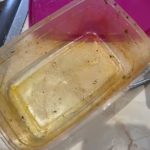Reusing water is a common practice for many, especially when it comes to saving on water bills and reducing the use of cleaning products. However, some people wonder if this habit, specifically reusing laundry water for toilet bowls, is more beneficial than harmful in the long run.
Should laundry soap water be used to scrub toilet bowls?
While it may seem like a clever way to save resources, it’s important to consider the potential drawbacks. On the one hand, reusing laundry water can help reduce water and cleaning product consumption, and the mild floral scent of some detergents can also help mask unpleasant odors. However, the disadvantages of this practice may outweigh the benefits.
Here are some important considerations to keep in mind:
Ineffective cleaning
Laundry detergents are not designed to clean toilet bowl surfaces effectively, especially when it comes to stubborn stains and bacteria. The cleaning agents in laundry soap may not be strong enough to remove bacteria and built-up residue, leaving the toilet bowl less than thoroughly cleaned. Additionally, the soap water used for laundry has already lost much of its cleaning power.
Potential for clogging
While waste flushed down the toilet ends up in the septic tank, it is the bacteria in the tank that break down the waste into water and CO2, preventing clogs. However, laundry detergents and fabric softeners contain cleaning agents, whitening agents, and antibacterial agents that can kill beneficial microorganisms in the septic tank, hindering waste breakdown and leading to potential clogs.
Unpleasant fragrance
The industrial fragrance of some laundry detergents and soaps can be quite strong and may not always be suitable for the bathroom. The mixture of detergent scent and toilet bowl odors can create an unpleasant and overpowering smell.
Considering the above, it is evident that reusing laundry soap water for toilet bowls has several drawbacks, including reduced cleaning power, potential clogging issues, and unpleasant fragrances. Therefore, it is advisable to avoid this practice. The inconvenience and cost of unclogging a septic tank far outweigh the savings on cleaning products.

It is not recommended to use laundry soap water for cleaning toilet bowls.
Effective toilet bowl cleaning methods
Instead of reusing laundry water, consider the following effective and safe cleaning alternatives:
Use natural ingredients like vinegar, lemon, or baking soda to remove stains and bacteria without damaging the toilet bowl or pipes.
Opt for specialized cleaning products designed to thoroughly eliminate bacteria, stains, and yellowing in toilet bowls.
Maintain regular cleaning schedules, such as daily or weekly, to prevent the buildup of bacteria and stains, ensuring a consistently clean and fresh-smelling toilet bowl.
According to VTC News

































